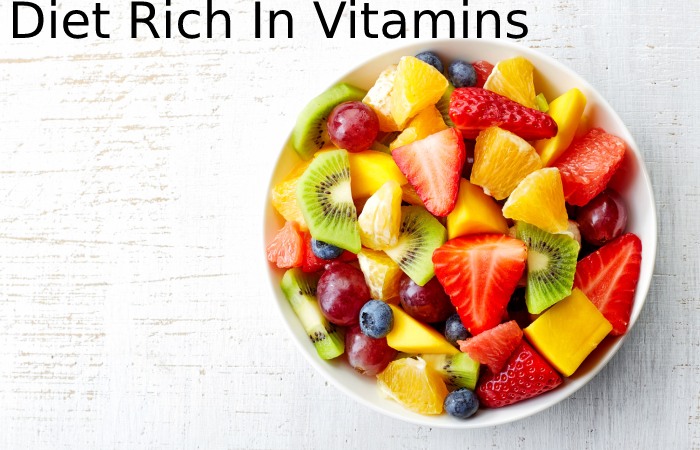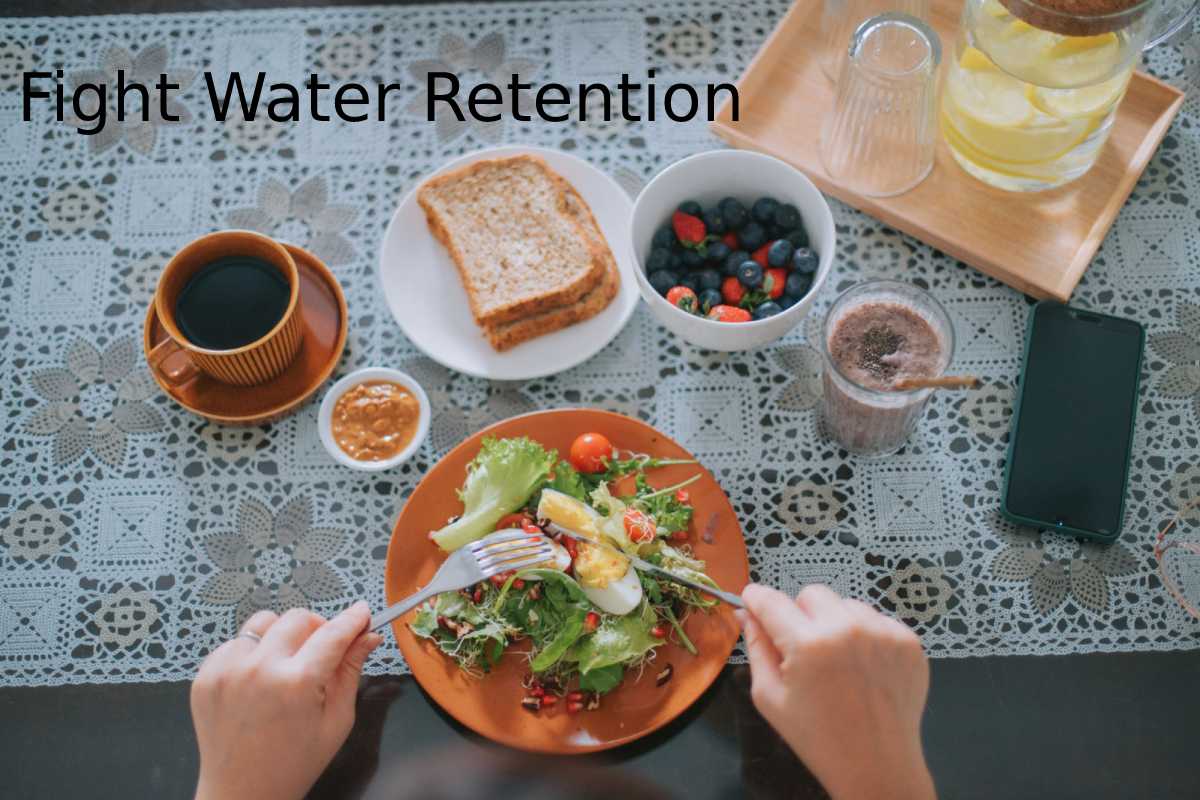In the context of optimal health, I often say that food can be our best ally and enemy. In this case, some favor water retention; others come to the rescue. This way to natural diuresis! Of course, depending on the cause of the retention, certain adjustments must be made. But in general, a food adjustment is essential.
Table of Contents
Promote A Diet Rich In Minerals To Fight Against Water Retention
The human body consists of 60% water. Essential to the proper functioning of our metabolism, it mainly constitutes the intracellular liquid, then the extracellular liquid according to a fair distribution.
Disturbed by a contemporary diet that is too rich in sodium (table salt, aperitif biscuits, prepared meals, industrial, charcuterie, cheese, etc.), this balance gives way to water retention. “If we eat fresh, raw, and unprocessed food, it is impossible to absorb more sodium than potassium. But today, we consume 2 to 4 times more sodium than potassium”. As a reminder, sodium retains water in the body, and potassium expels it. It is therefore advisable to reduce salt consumption in favor of potassium-rich foods to restore balance.
On the podium, we find fruits (bananas, avocados, apricots), dried fruits (figs, dates), legumes (lentils, split peas), and vegetables (spinach, mushrooms, leeks, chard, asparagus ).
Also, zinc (mainly in oysters) and selenium (in foods of animal origin: fish, meat, shellfish, etc.) play a preventive role through their antioxidant properties. In addition, anti-radical protectors protect against cellular aging.
Promote A Diet Rich In Vitamins To Avoid Water Retention
Vitamin C or ascorbic acid is an antioxidant, just like vitamin E. By definition, they protect cells from free radicals, for venous and lymphatic capillaries in top shape. Ideal for preventing water retention and ensuring good fluidity of liquids. Depending on the cause of the retention, distrust all the same on vitamin E and its fluidifying action.
Vitamin C is water-soluble, i.e., soluble in water. Contained mainly in fruits, it is primarily found in red fruits, citrus fruits, and kiwi. Vitamin E is liposoluble, that is, soluble in fat. Therefore, it is mainly in oilseeds (hazelnuts and almonds) and vegetable oils.
In general, eating foods rich in antioxidants is a good thing to protect the vein walls. A clue is colored foods composed of plant pigments. For example, Cherry, blueberry, carrot, artichoke, eggplant, fig, turmeric, and squash fight against cell aging and water retention.
Favor Fiber-Rich Foods
Fibers, nothing better to promote intestinal transit than by their laxative and digestive capacities. By preventing constipation, they can reduce water retention. And yes! The stools are composed mainly of water, then organic waste.
Whole grains (rice, oats, etc.), legumes (dried beans, lentils, chickpeas), vegetables, and fruits are the digestive stars. Conversely, foods made from white flour (pasta, white bread, etc.) are undernourished in vitamins, minerals, and fiber, thus promoting intestinal laziness and retention. In short, it’s time for the vegetable kingdom!
Beware of those with fragile intestines; otherwise, too much fiber, and it’s a race for the toilet! Once again, a fair balance is necessary.
Favor Foods Rich In Omega-3
Just like sugar and salt, it is strongly advised to reduce saturated fats (charcuterie, butter, palm oil, etc.) in favor of good fats; omega – 3s and omega-6s. Why? Allies of the cardiovascular system, omega-3s protect the heart and regulate blood circulation. Unable to synthesize them ourselves, it is, therefore, essential to consume them daily.
Favor Water-Rich Foods
It is so essential to consume foods rich in water, even in the event of water retention. It facilitates digestion and the elimination of toxins and excess salt in the urine. Welcome to watermelon, cucumber, melon, and lettuce. Above all, remember to drink enough water during the day, on average 1.5L. I prefer mineral water, non-carbonated and low in sodium, green tea or cherry stem infusion, two draining drinks as desired. Of course, avoid alcohol which dehydrates and promotes water retention to compensate.
Conclusion
A diverse and balanced diet is the key to optimal health. It can prevent water retention or help to fight against it. Each person has a food setting, but the base is the same for everyone: seasonal vegetables and fruits, good proteins, good fats, healthy water, and voila.

